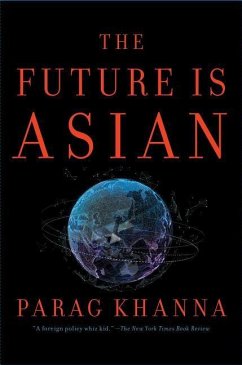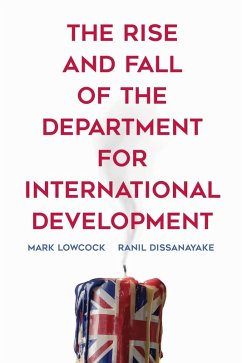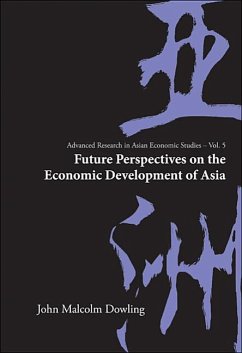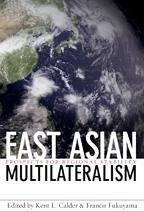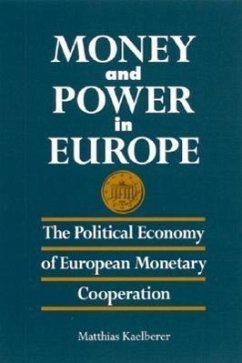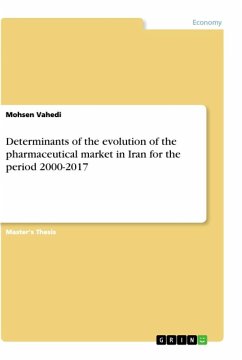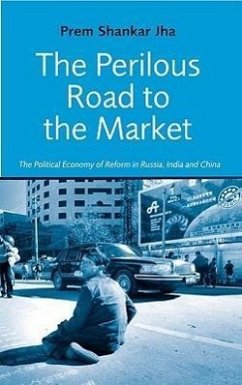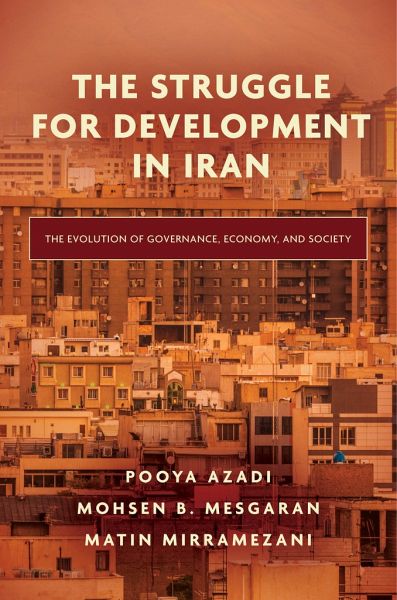
The Struggle for Development in Iran
The Evolution of Governance, Economy, and Society
Versandkostenfrei!
Sofort lieferbar
69,99 €
inkl. MwSt.

PAYBACK Punkte
35 °P sammeln!
"This book provides a multidimensional analysis of Iran's struggle for development between 1970 and 2020, focusing on fundamentals, institutions, and socio-economic trends. The past several decades in Iran have been a period of sluggish and non-inclusive economic growth, ill-fated social engineering with an Islamic template, political repression, and extensive environmental degradation. The intellectual discourse surrounding the impediments of growth in Iran has been dominated by an exaggerated notion of the role of ideology, class struggles, imperialism, and historical contingencies, overlook...
"This book provides a multidimensional analysis of Iran's struggle for development between 1970 and 2020, focusing on fundamentals, institutions, and socio-economic trends. The past several decades in Iran have been a period of sluggish and non-inclusive economic growth, ill-fated social engineering with an Islamic template, political repression, and extensive environmental degradation. The intellectual discourse surrounding the impediments of growth in Iran has been dominated by an exaggerated notion of the role of ideology, class struggles, imperialism, and historical contingencies, overlooking the profound impacts of institutions and fundamental socio-economic trends. This book aims to fill this gap using positive economics and data-driven analysis to cover a wide array of topics, such as governance, corruption, macroeconomy, population dynamics, labor force, education, financial systems, energy resources, water scarcity, and food security. The authors strived to produce an unbiased account of the issue of developments in Iran using data that they meticulously collected from hundreds of sources over several years. Using clear and concise language, this book will help readers gain a better understanding of the complex interactions among different dimensions of Iran's development"--



